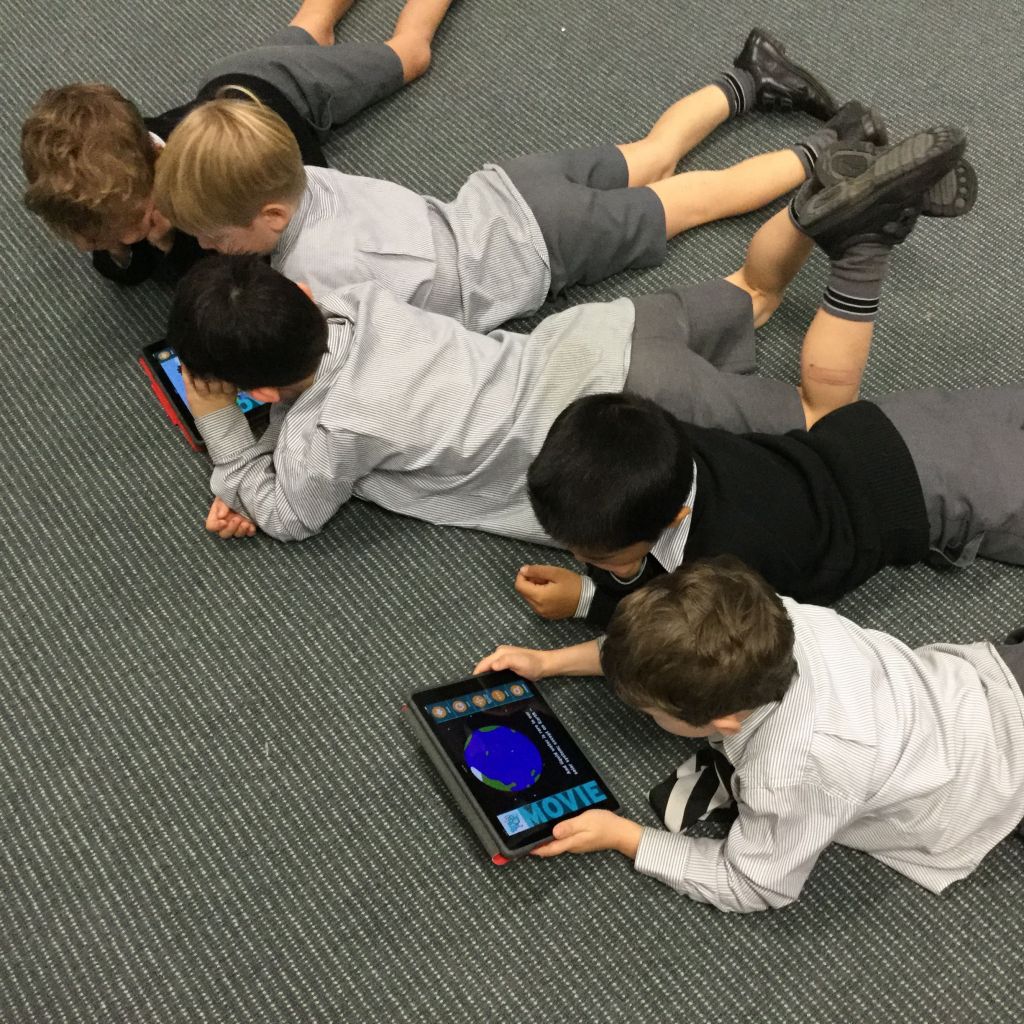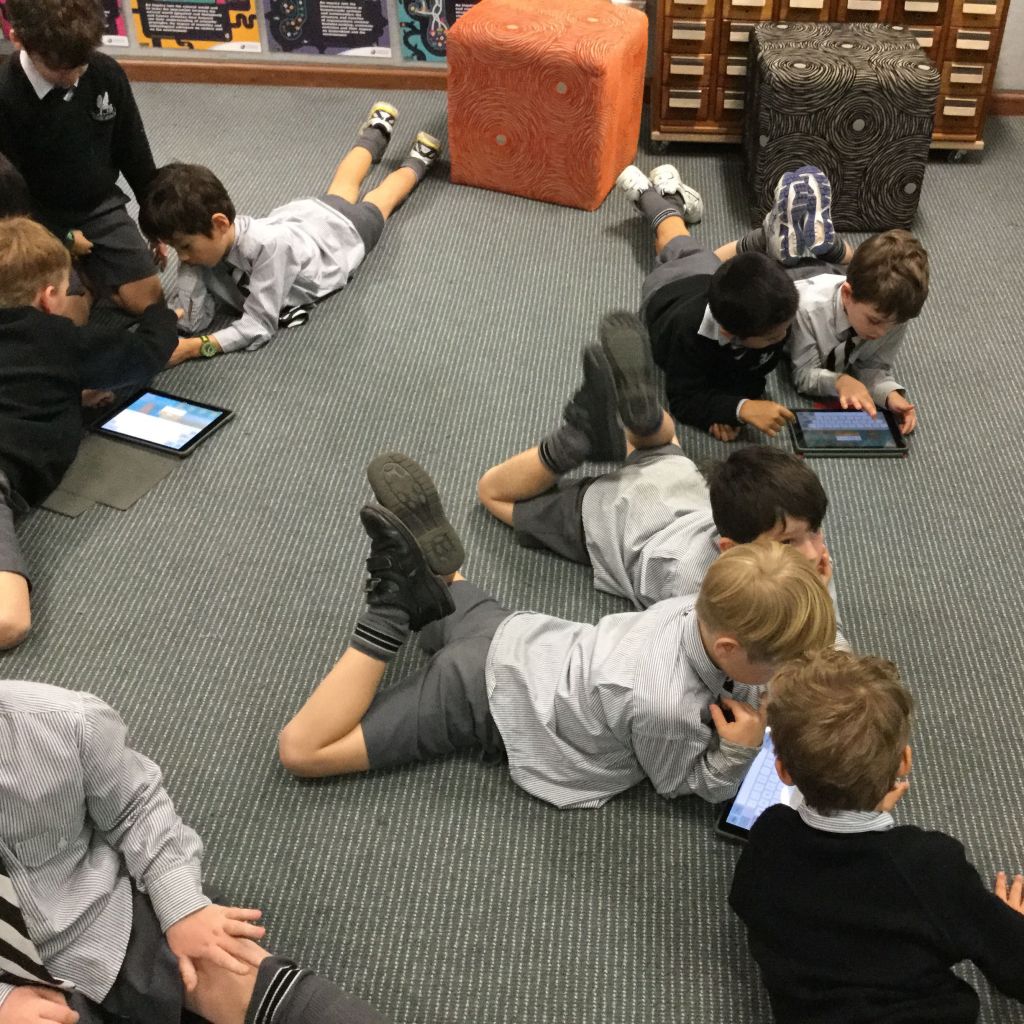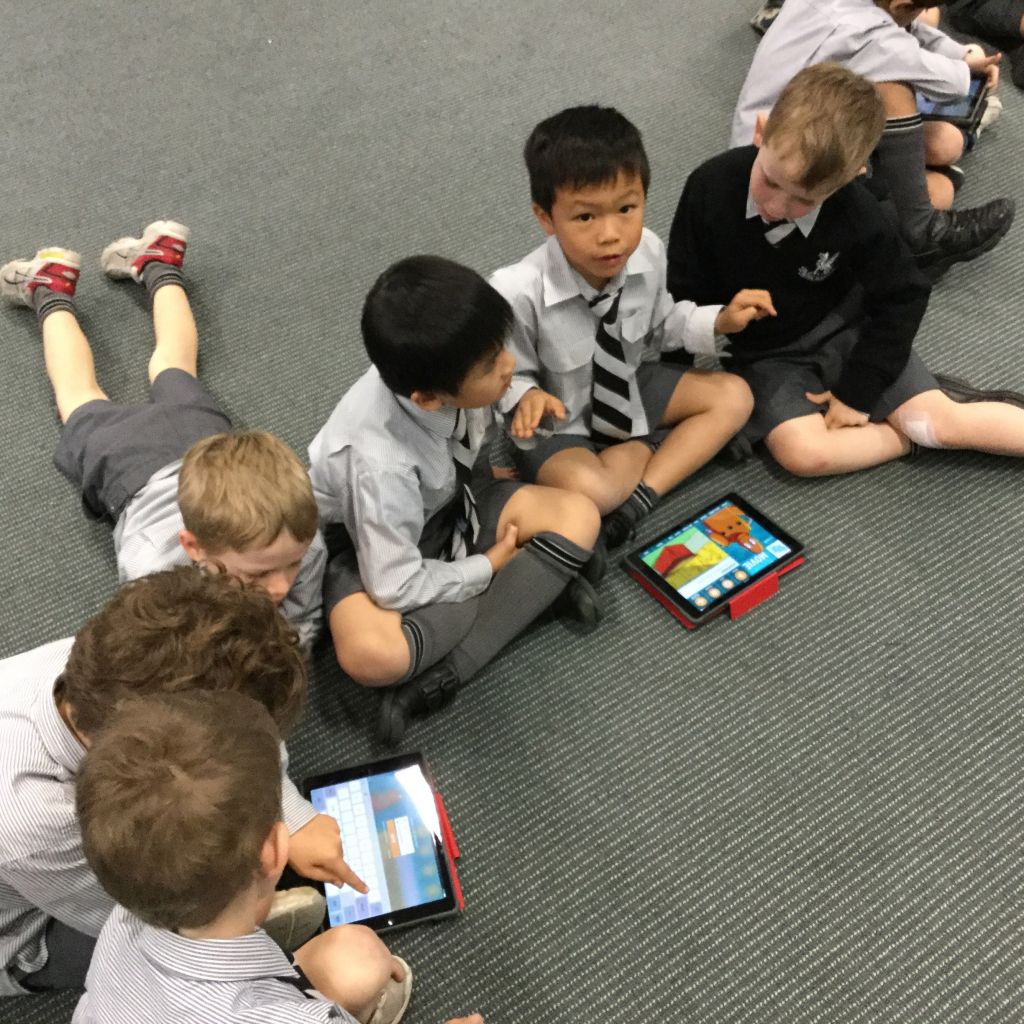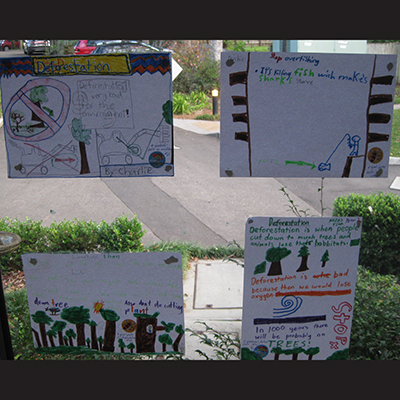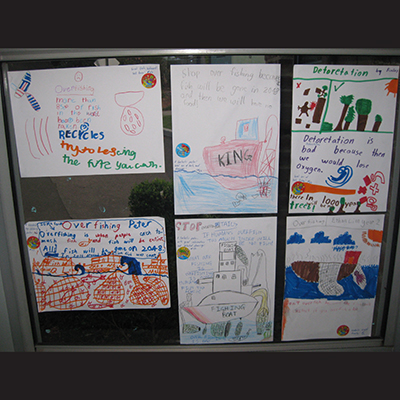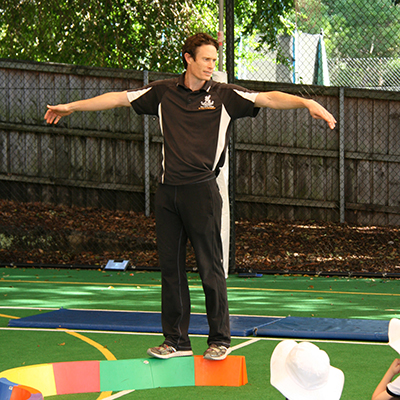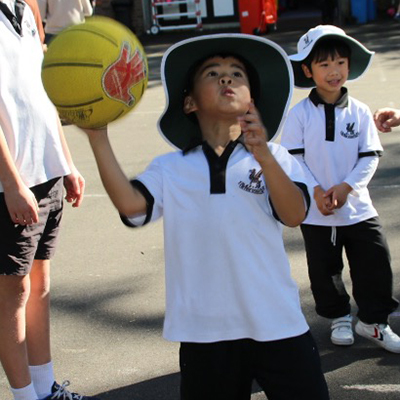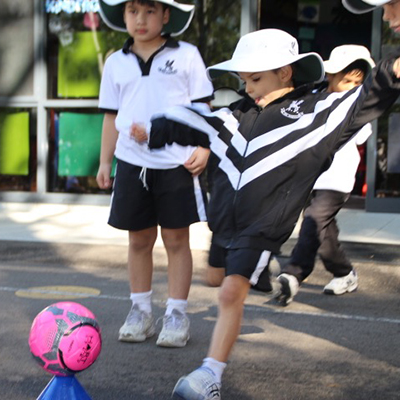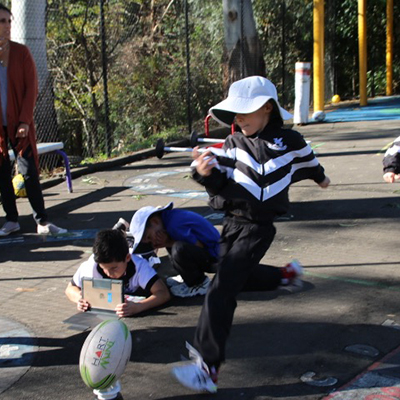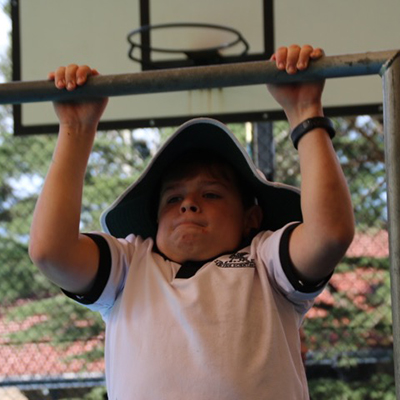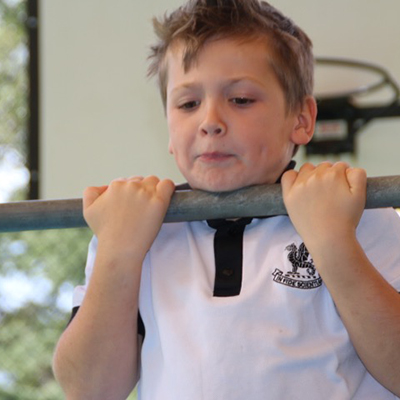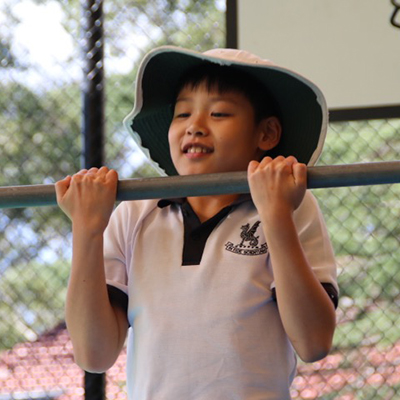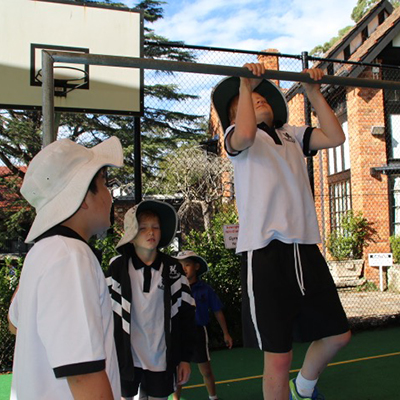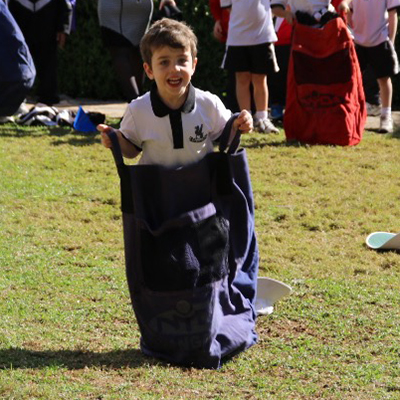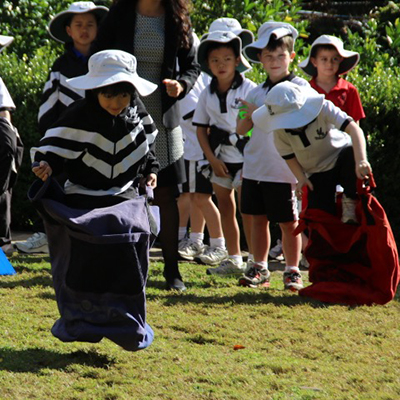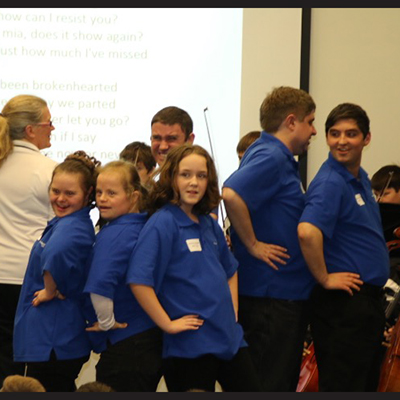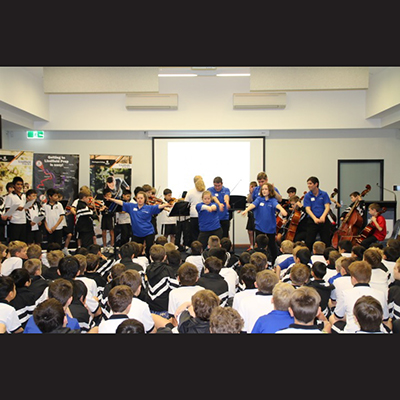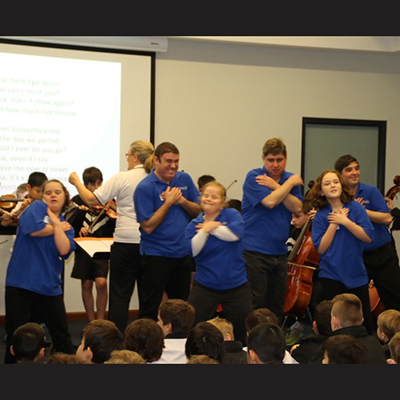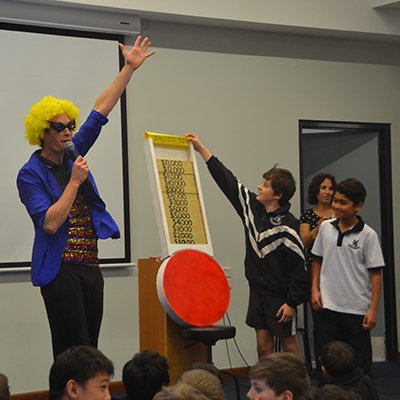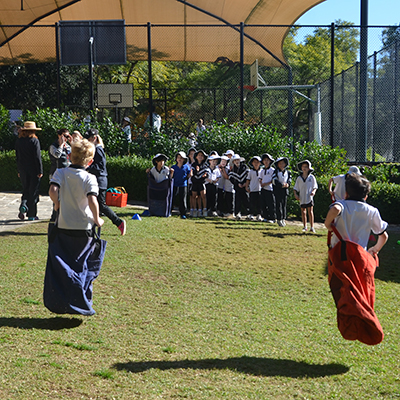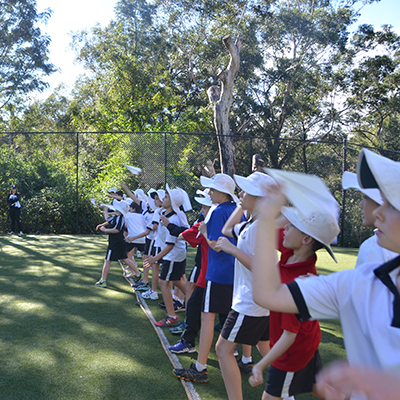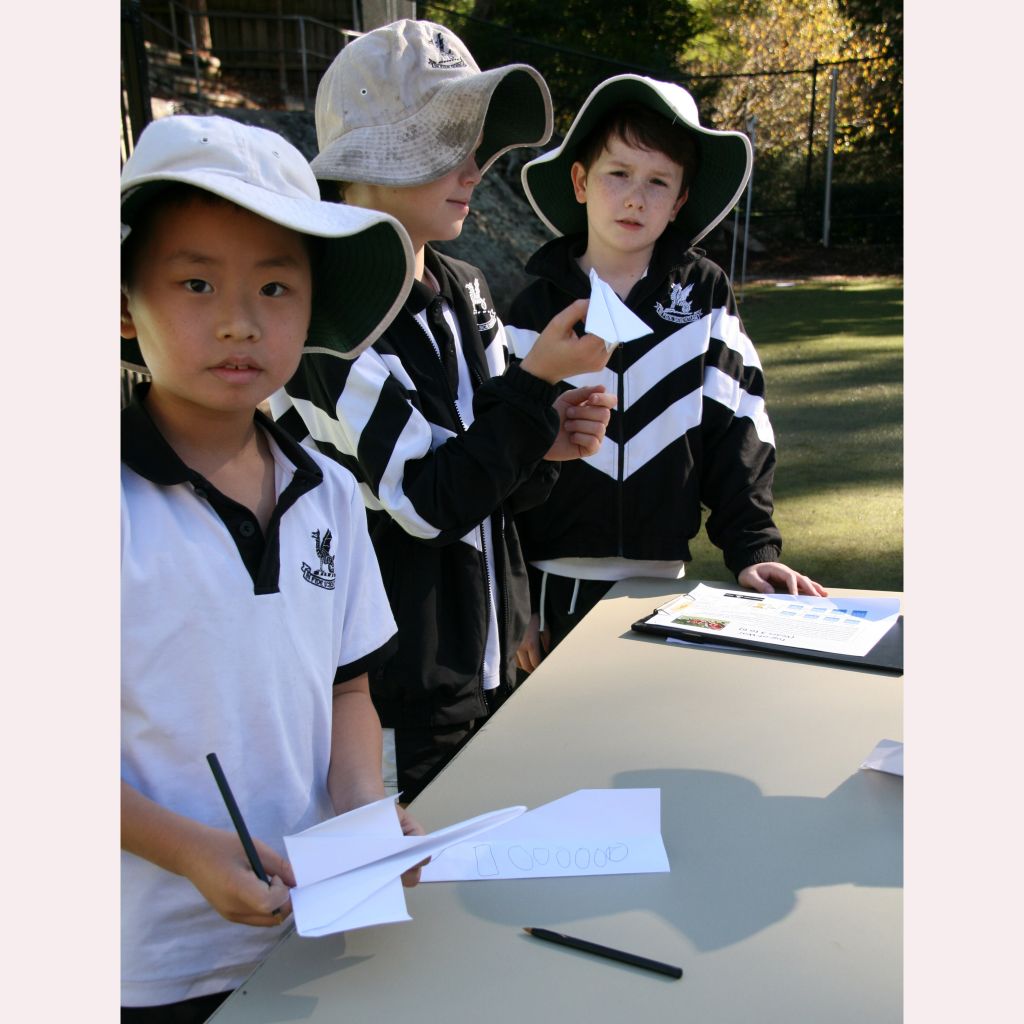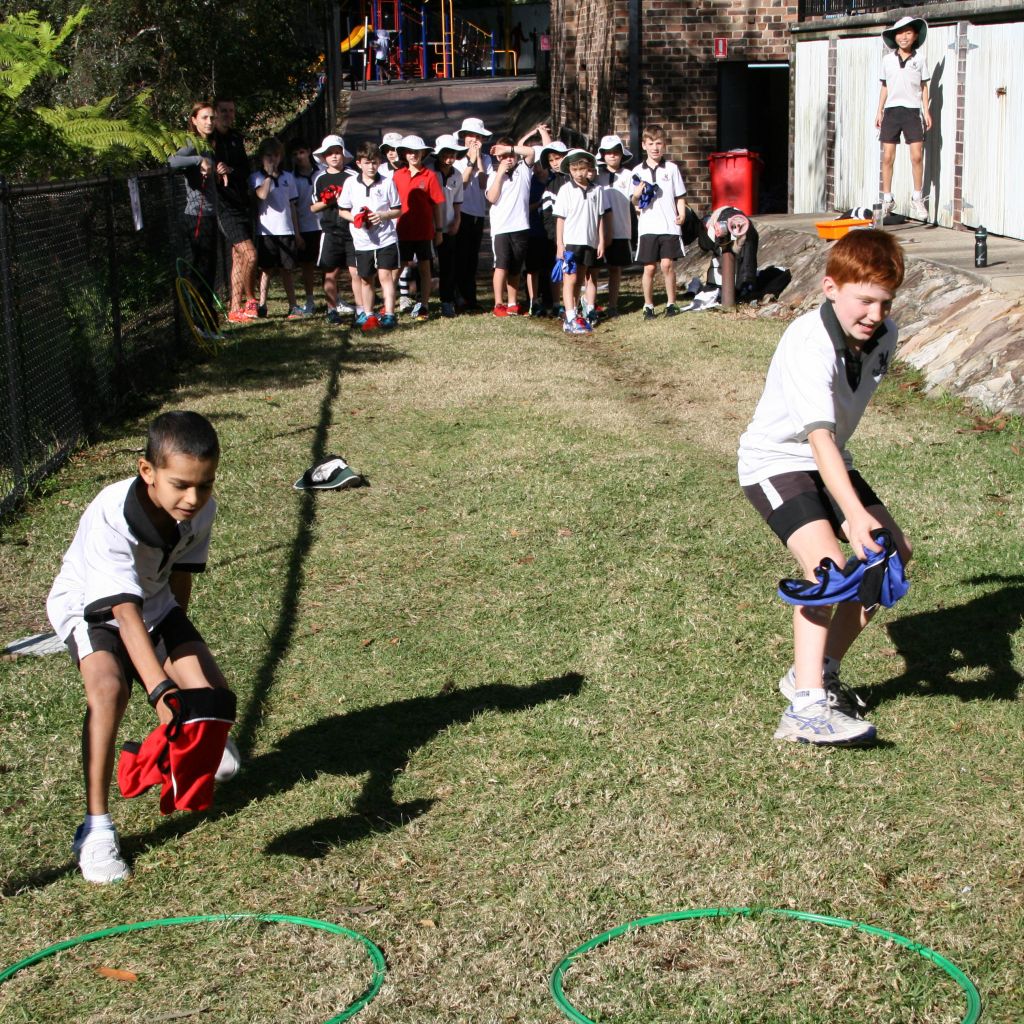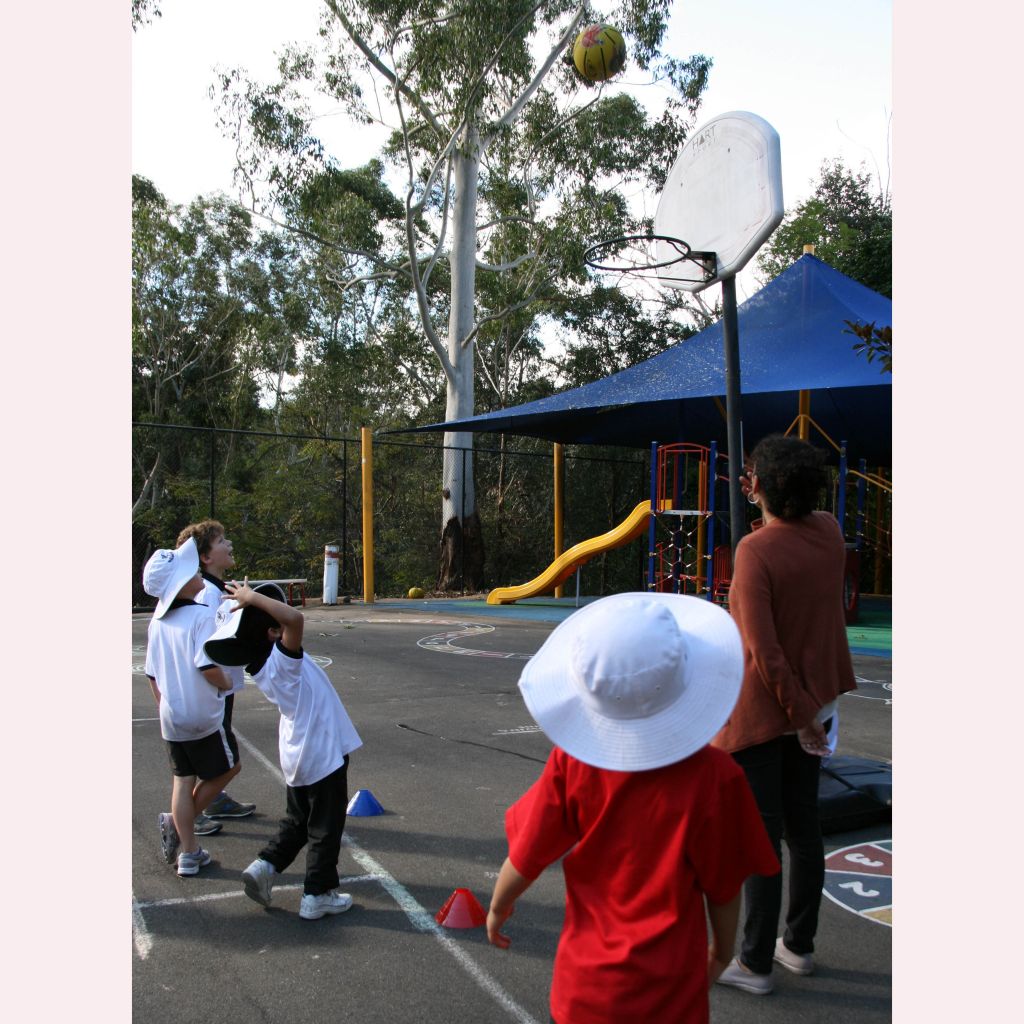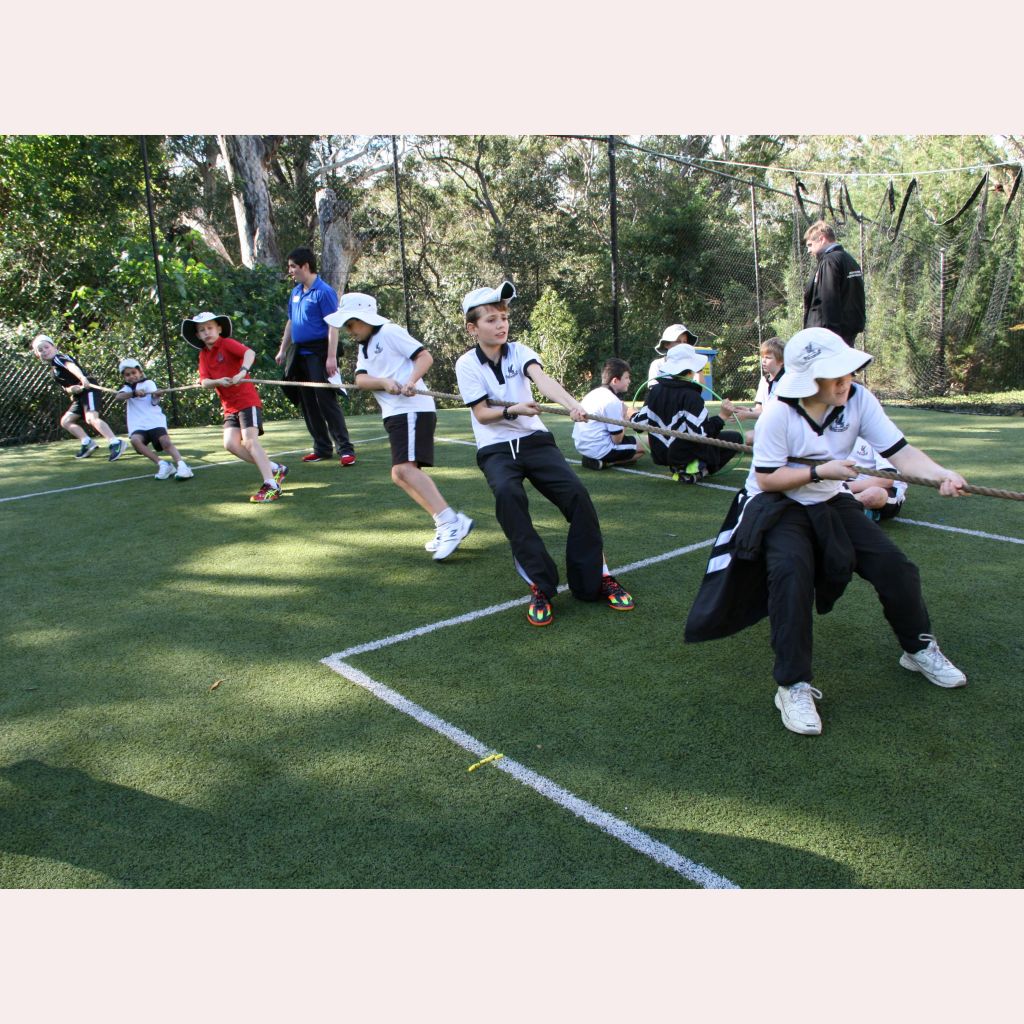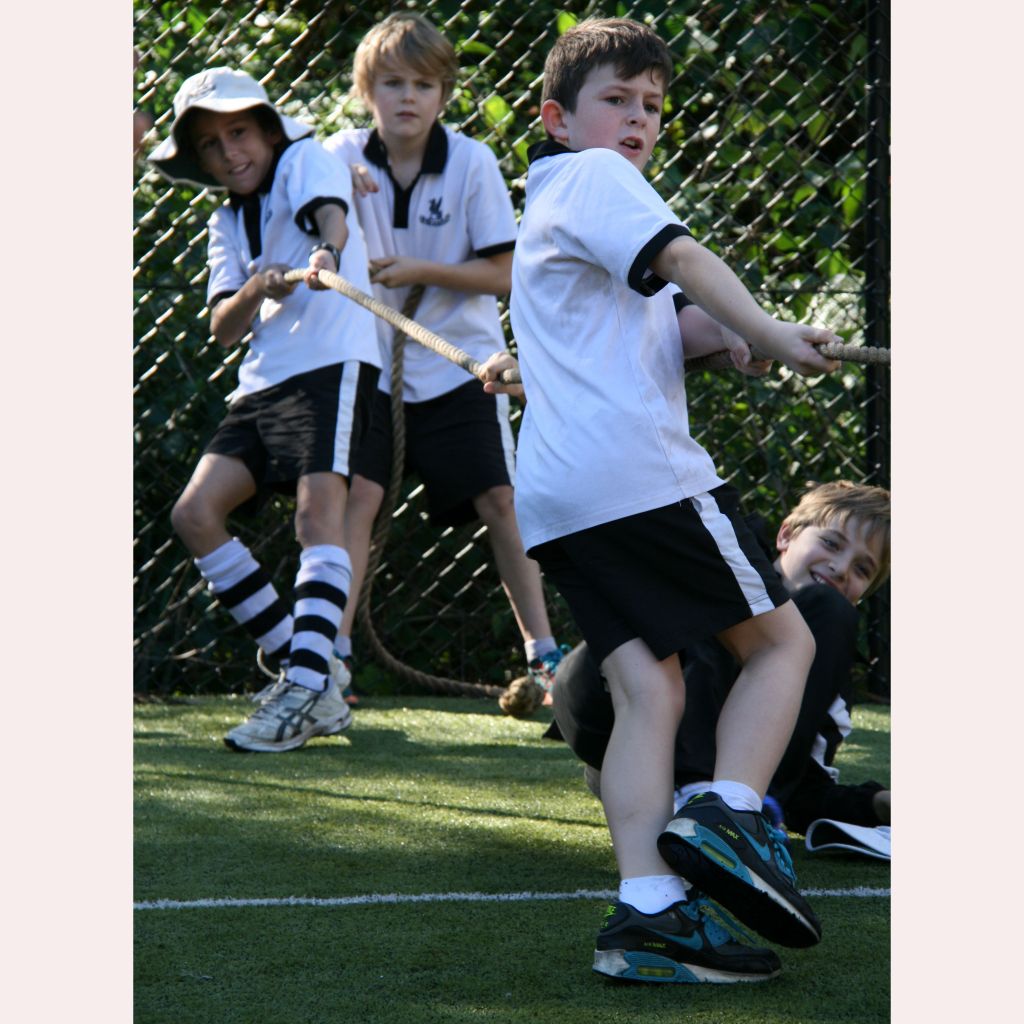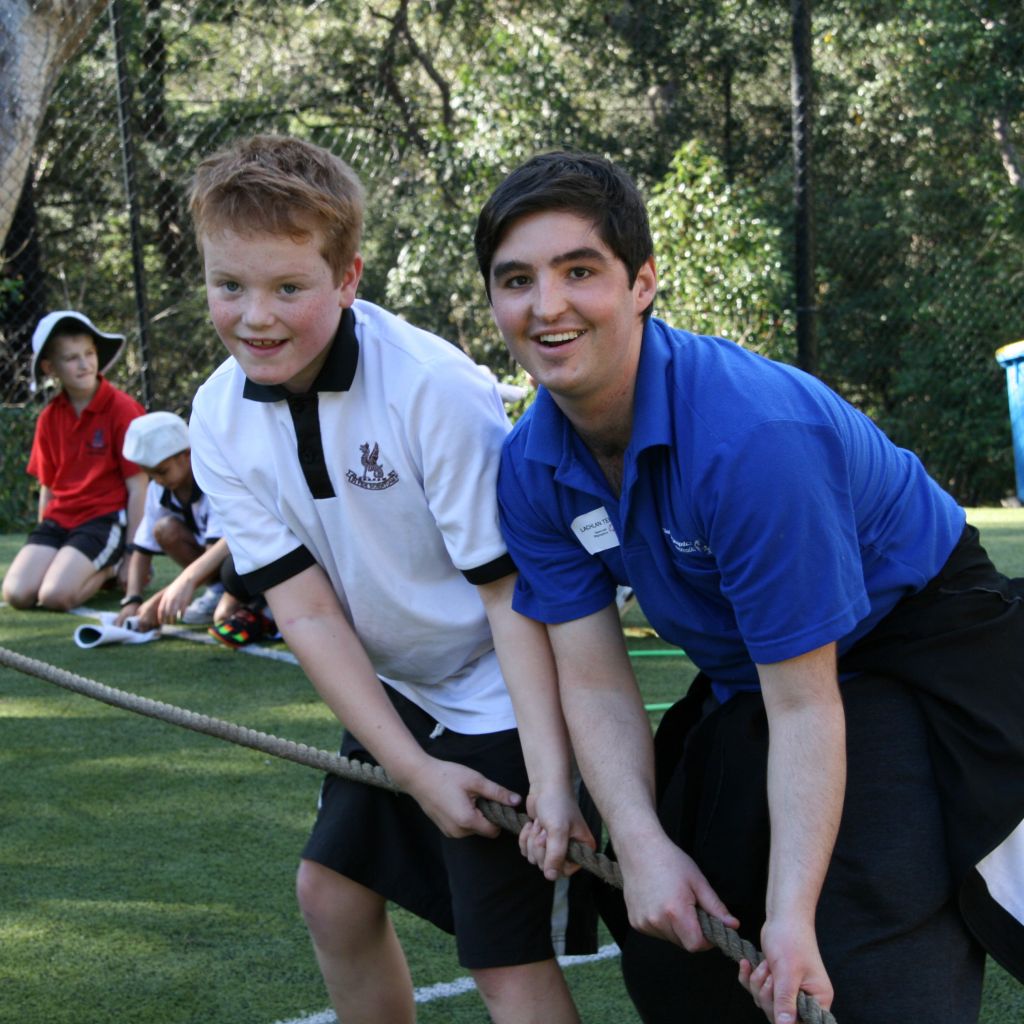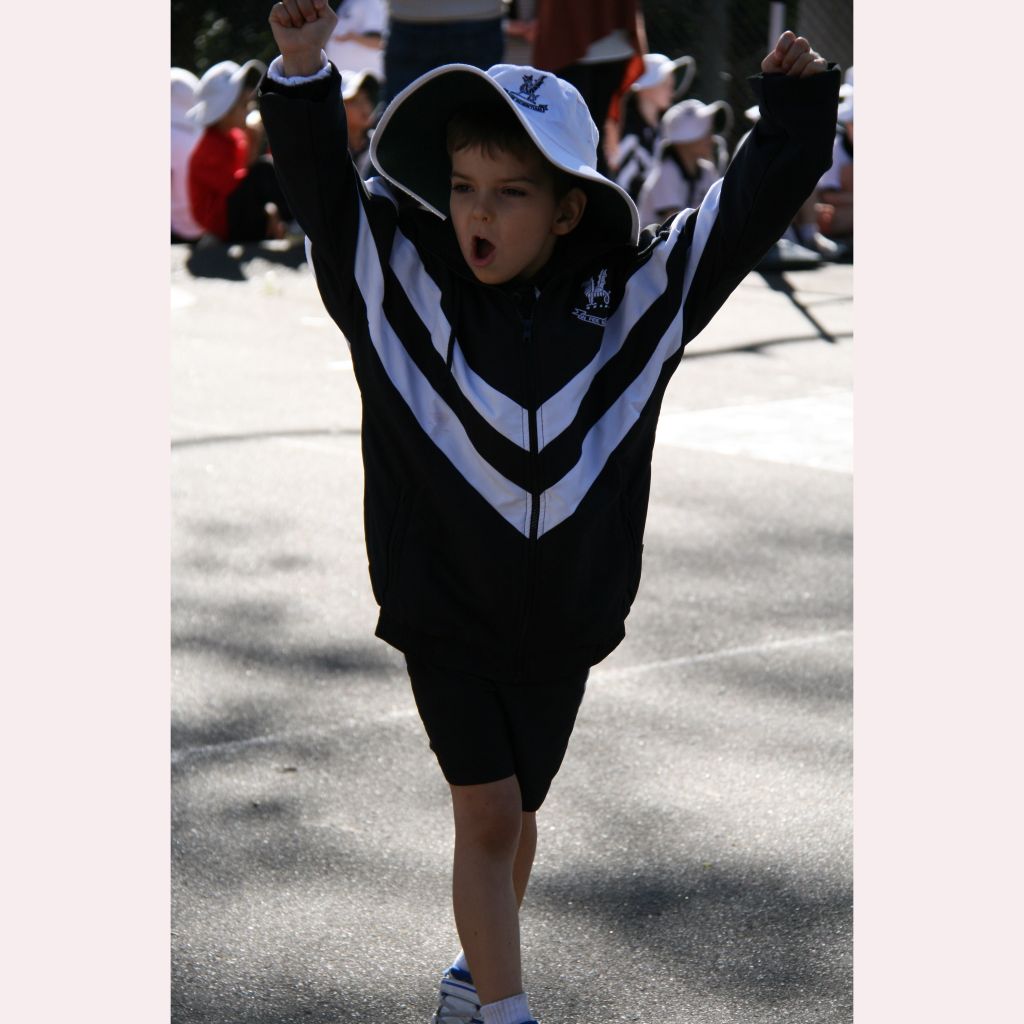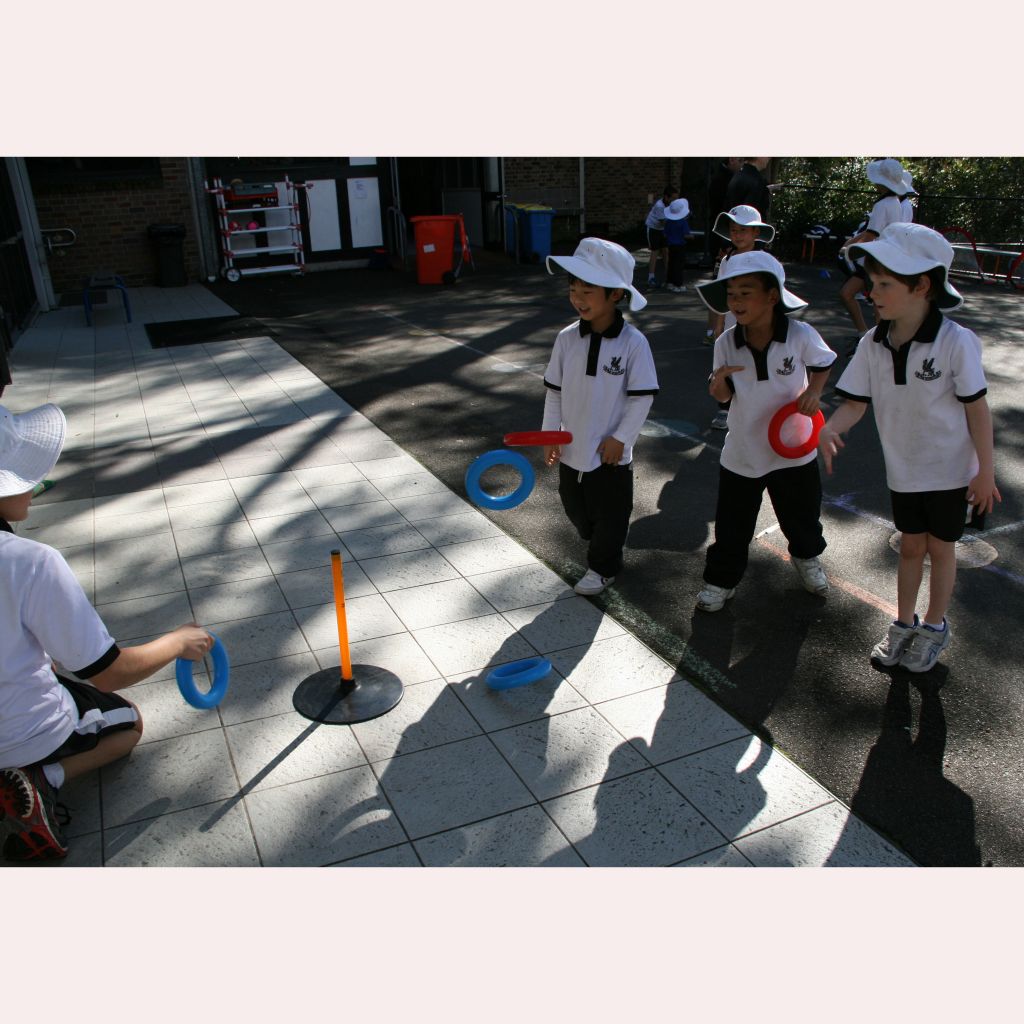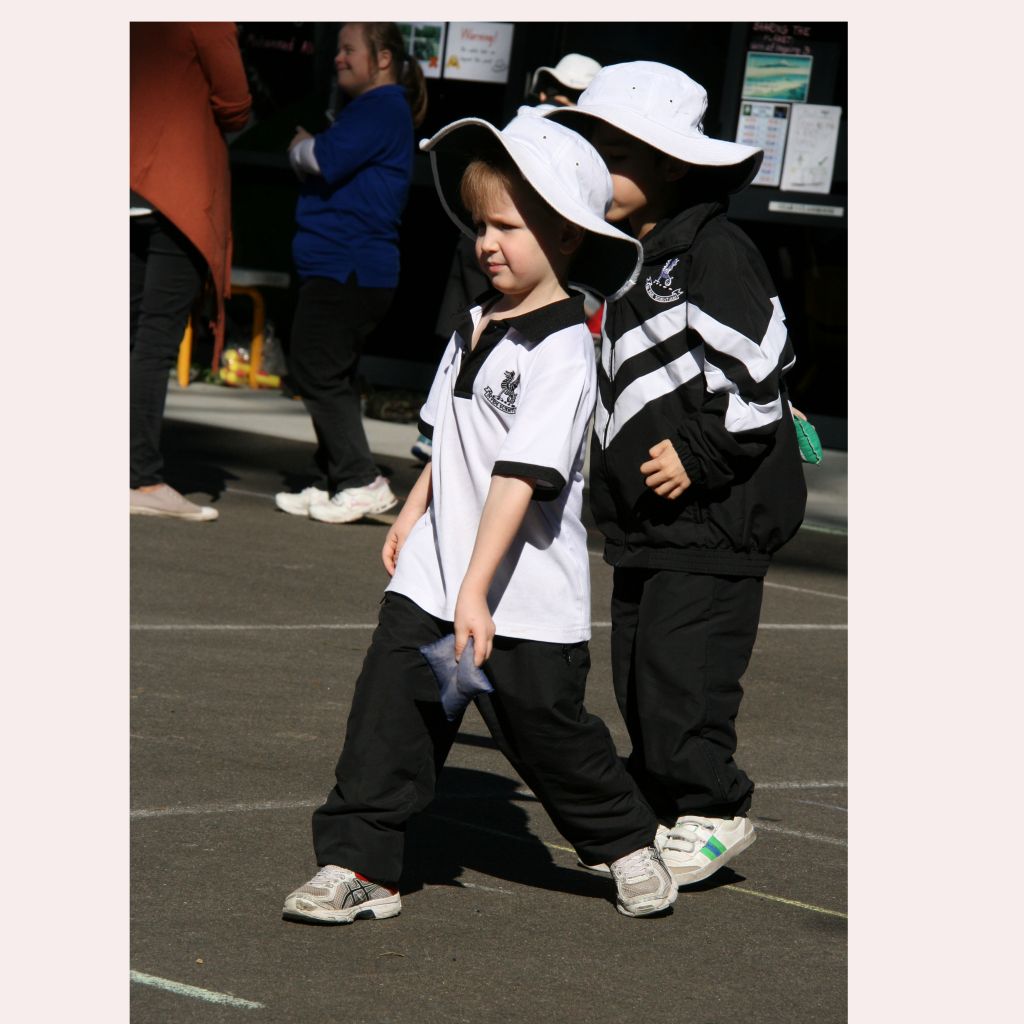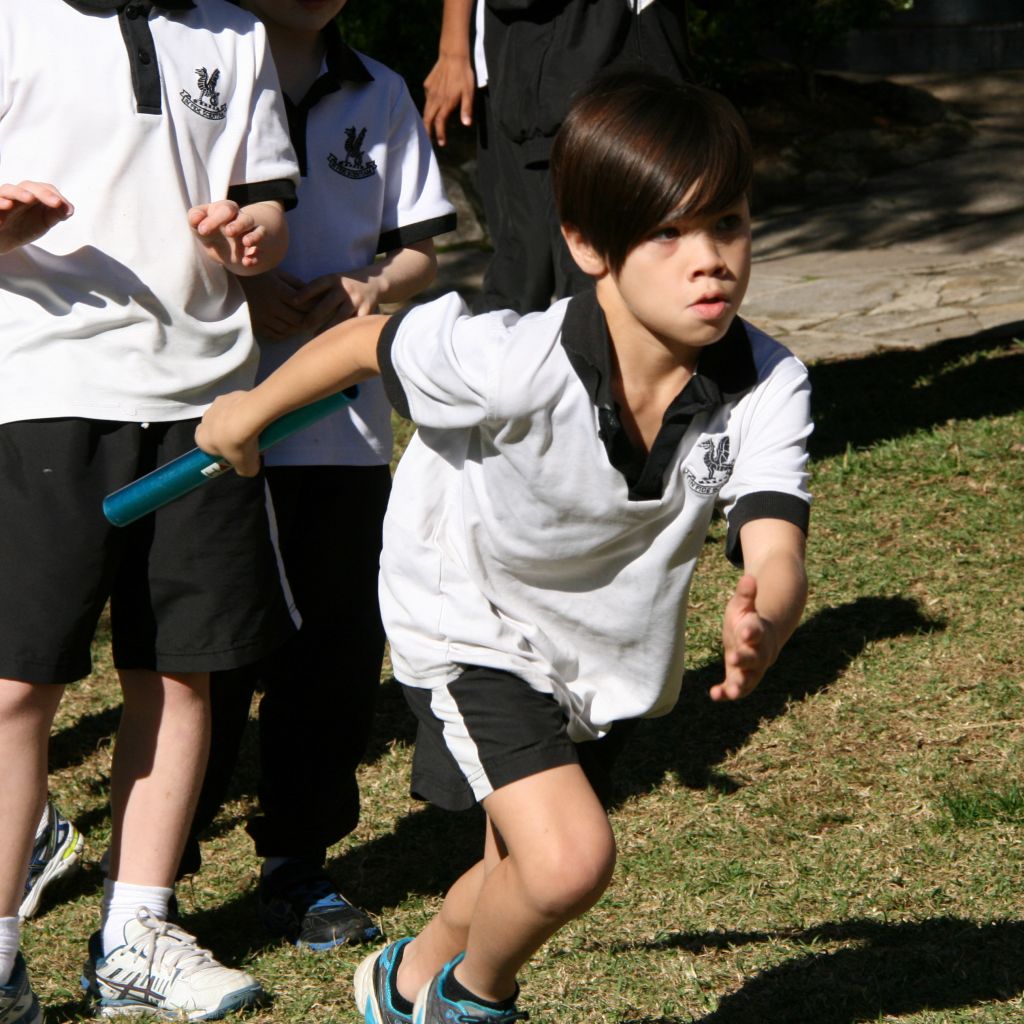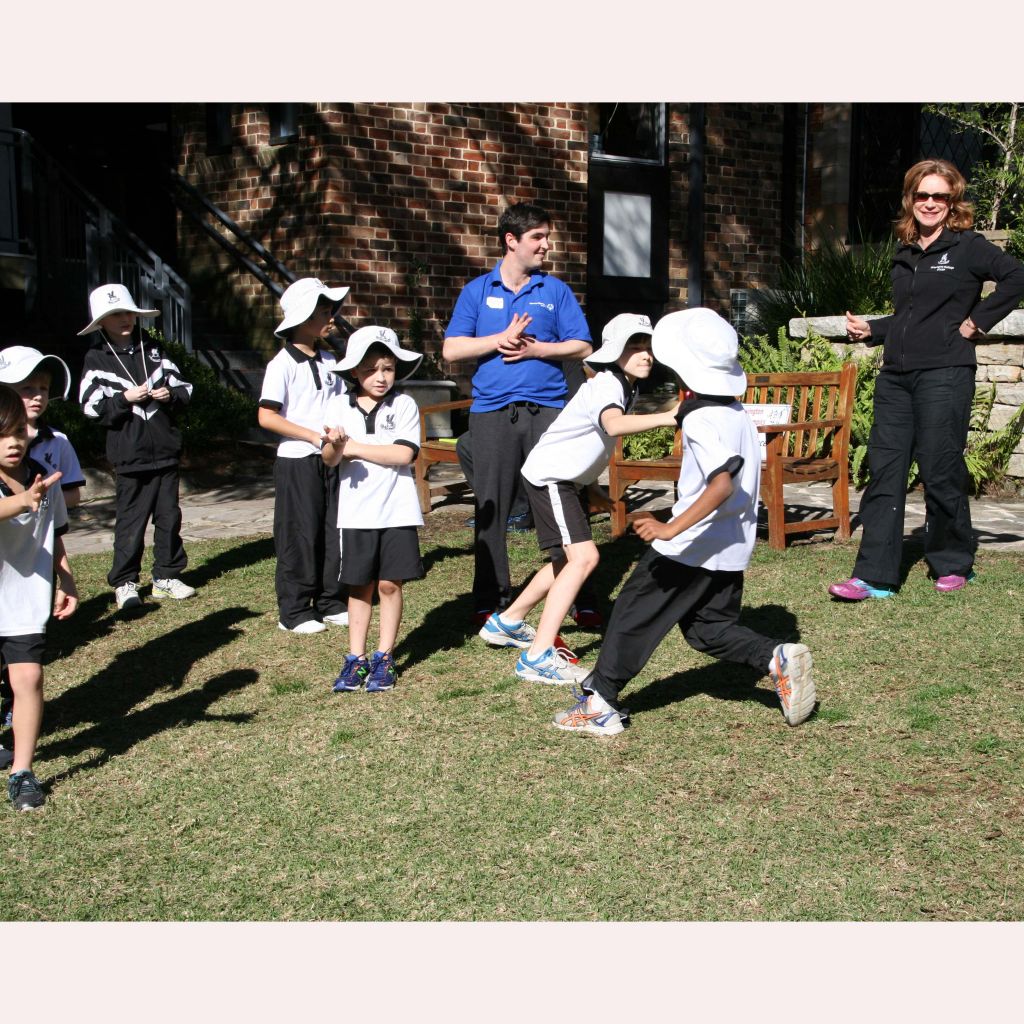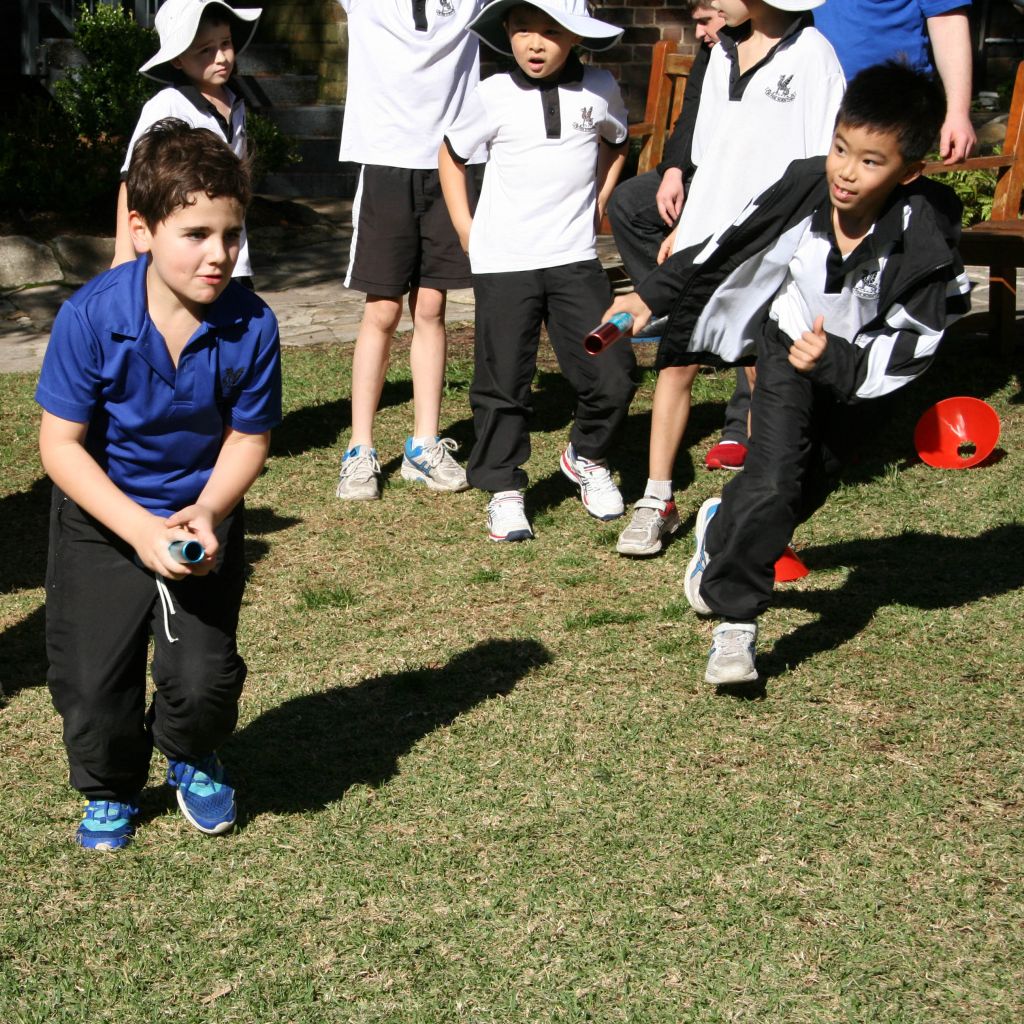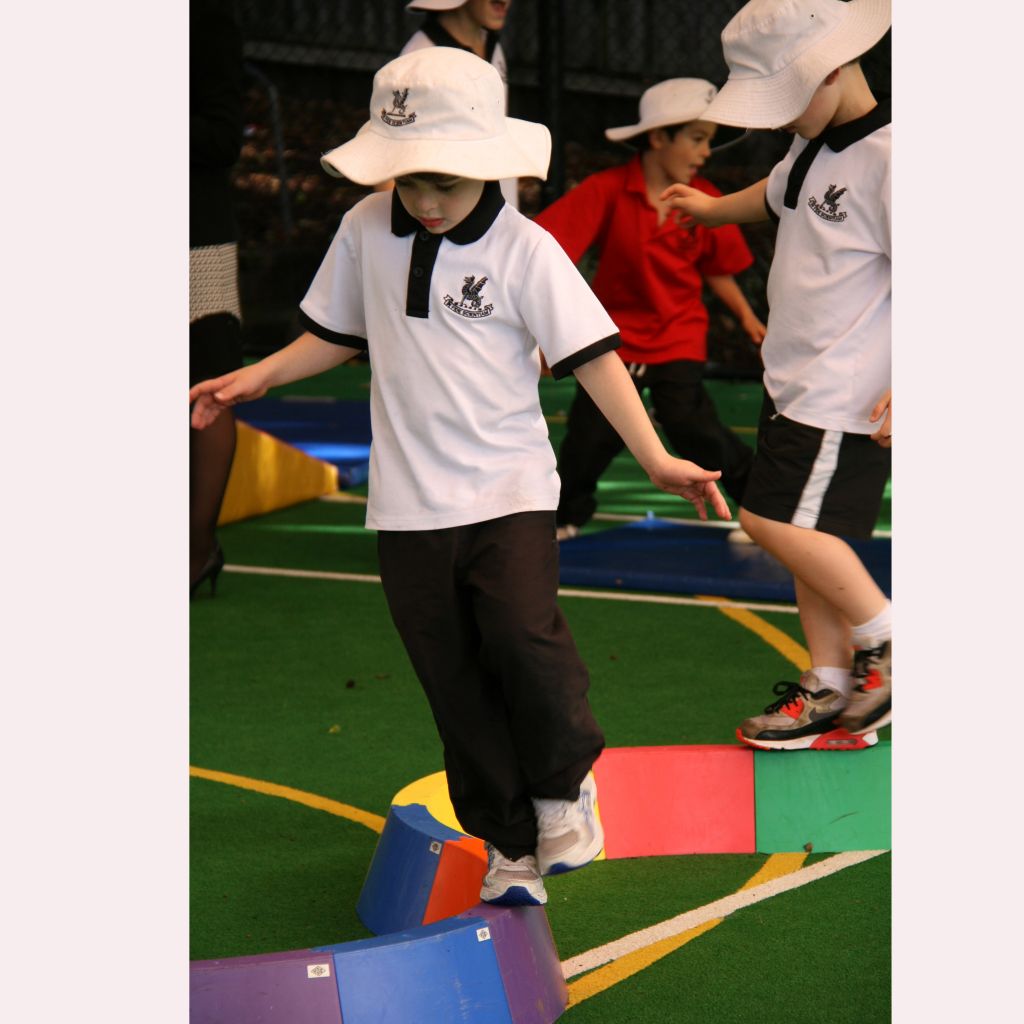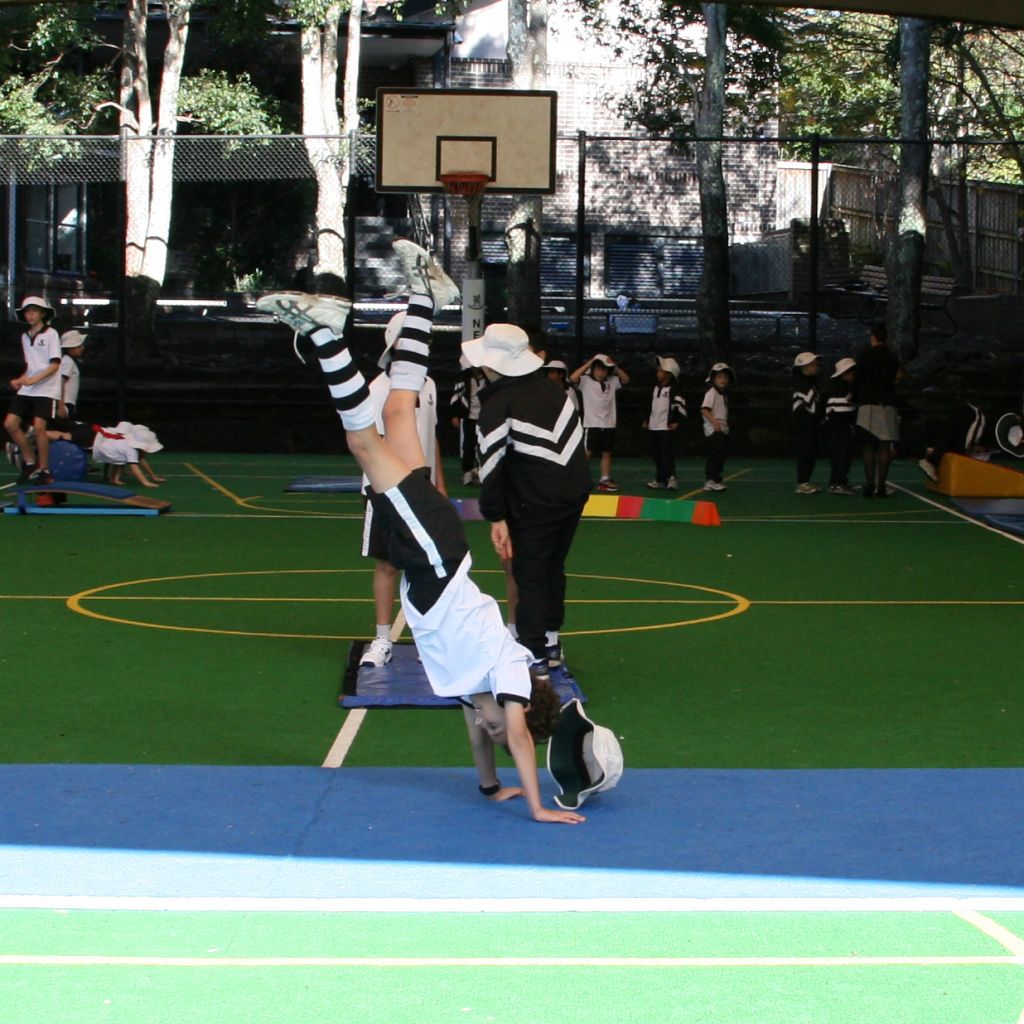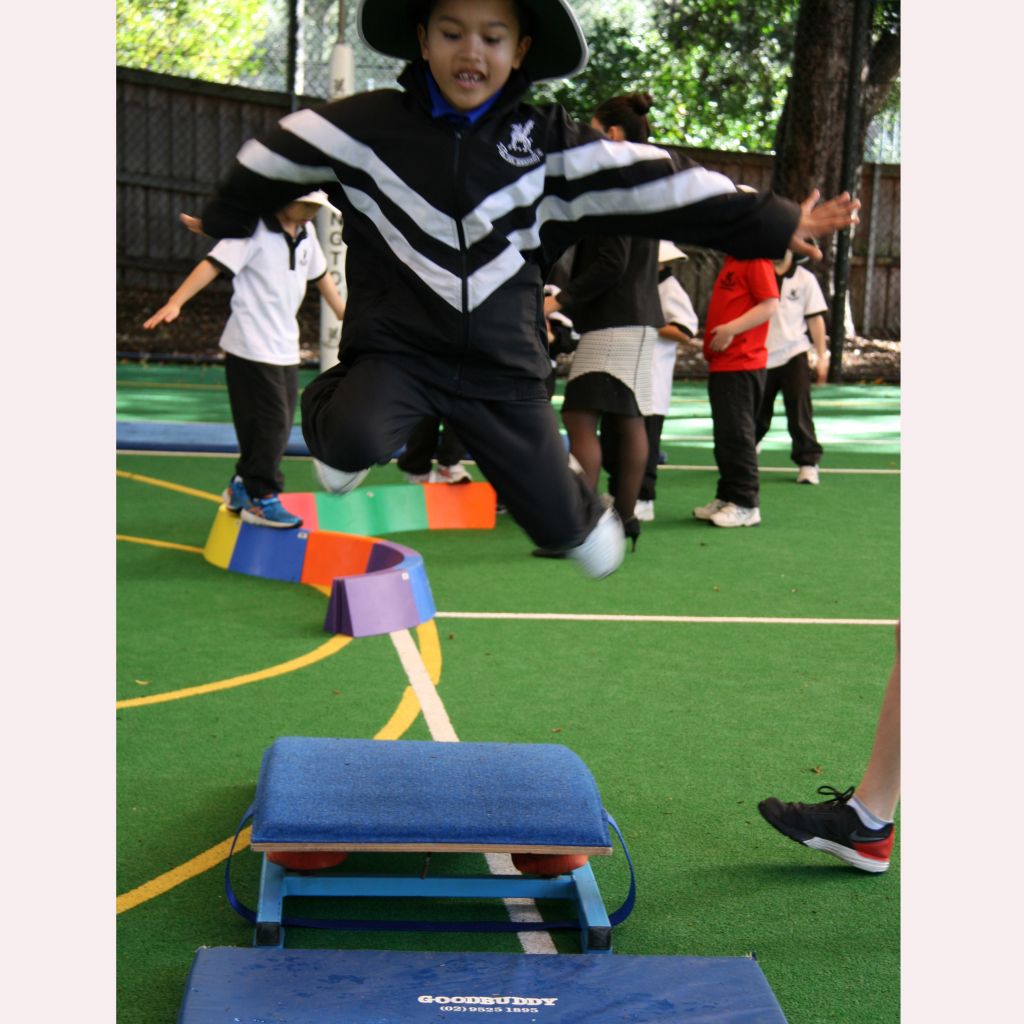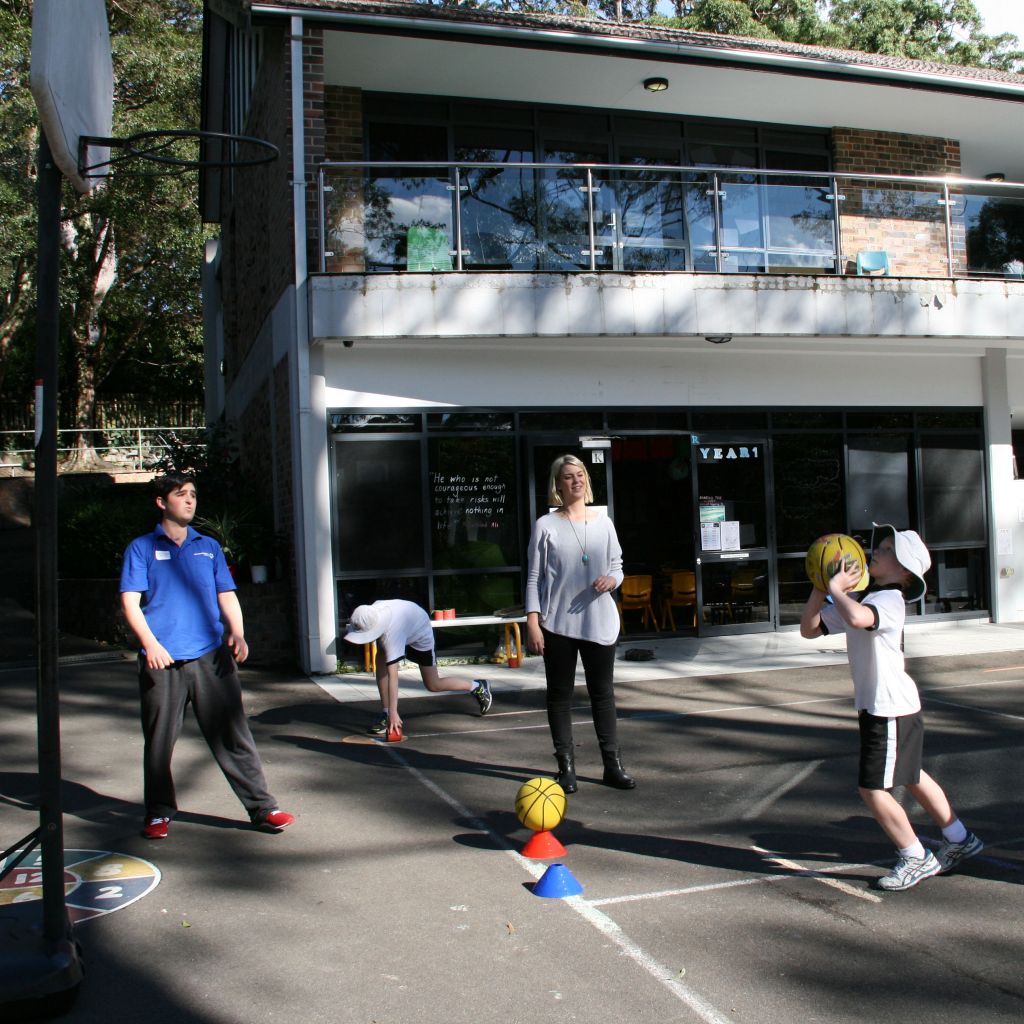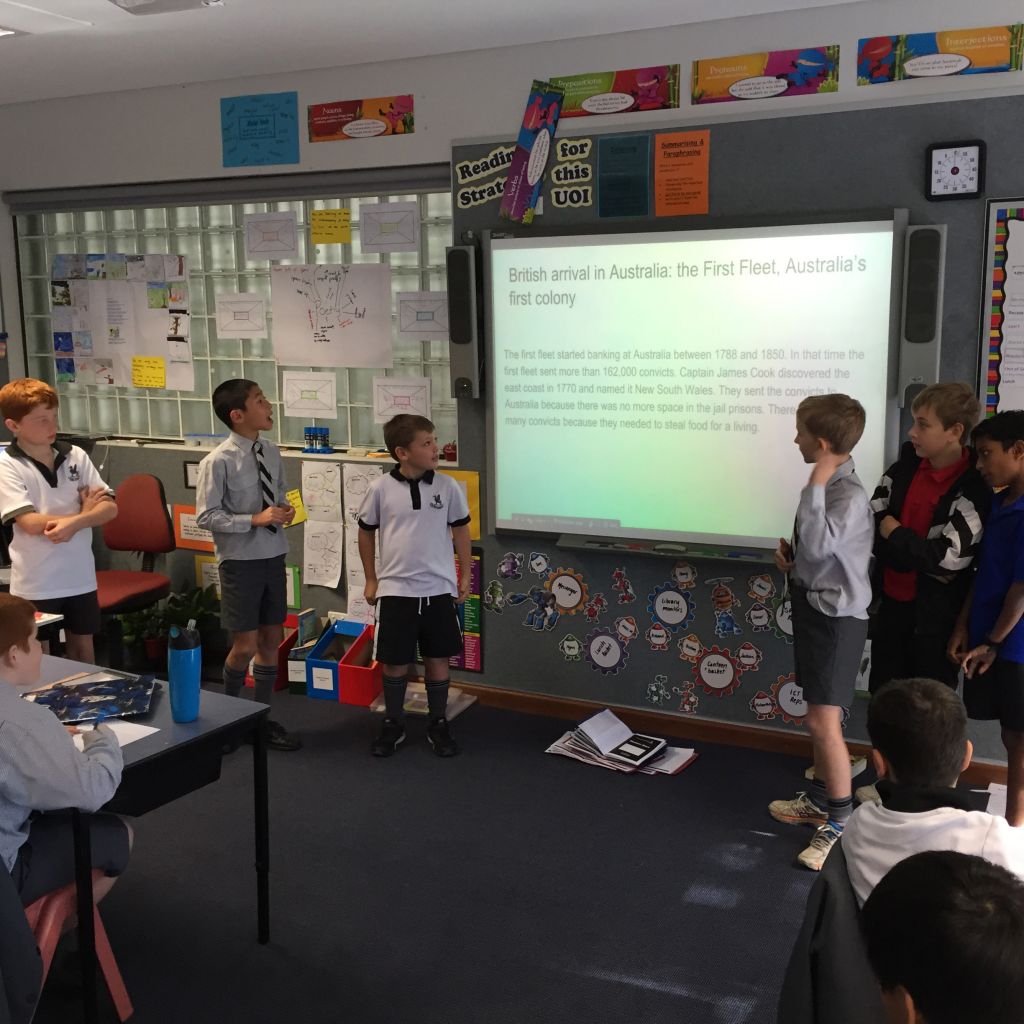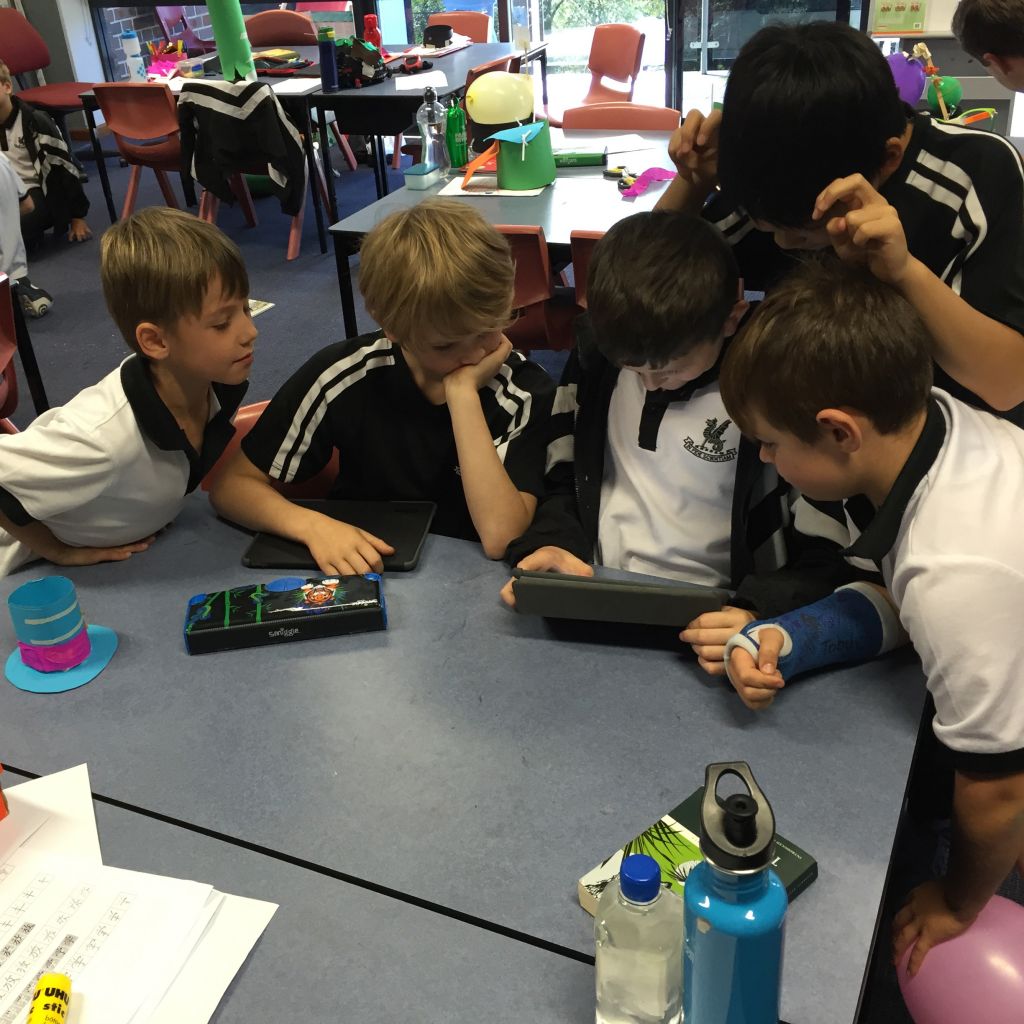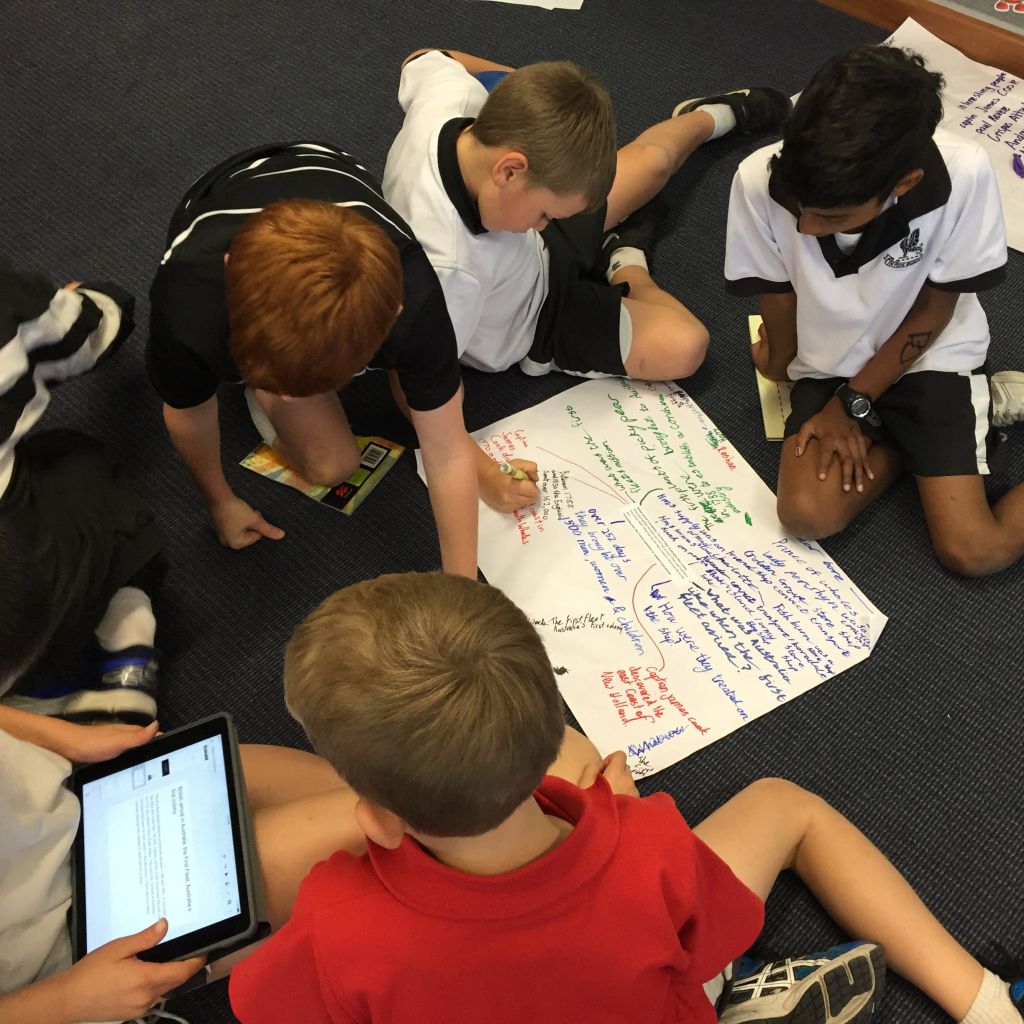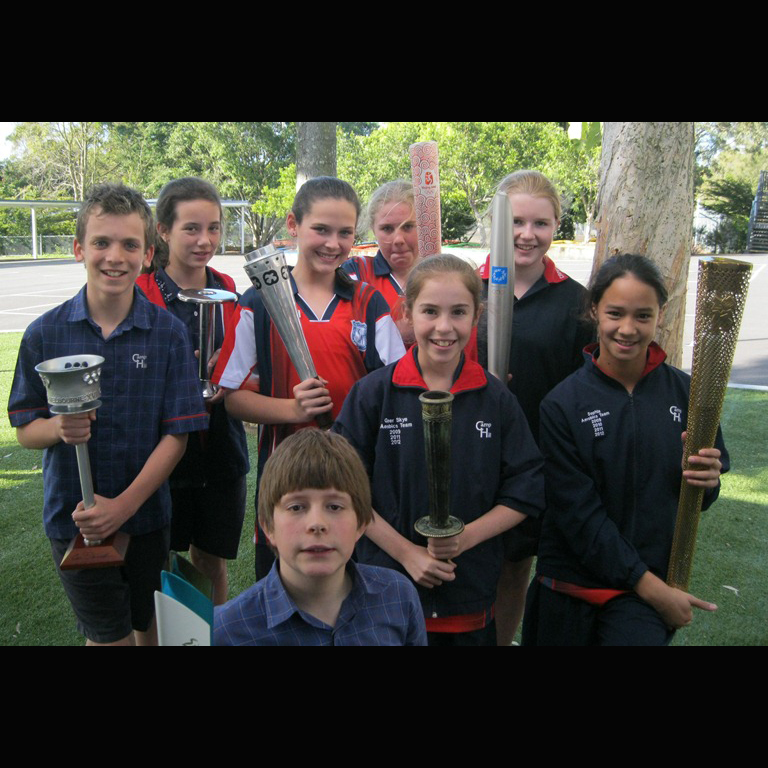Sports Round-Up – 2016 Term 2
David Campese visits Newington Lindfield
Was it the goosestep, the no look pass or the speed and footwork that we remember first when we think of David ‘Campo’ Campese? For me it is how he single-handedly won Australia the semi-final of the 1991 World Cup with some incredible skills. So what a coup for Newington Lindfield to have a true legend of the Rugby world come down to our futsal field and run our senior rugby boys through their paces.
From passing drills, to 2 on 1 drills to defensive drills, the boys were treated to some simple but truly memorable activities that looked at the development of basic skills, communication and teamwork. And after the session was done and dusted the young brigade were able to get autographs and have photo’s with arguably Australia’s best winger…and maybe some big kids too!! A big, big thank you to Eddie Sheehy, Carolyn Betts, Michael Dundon and Kathrine Lyttle for this wonderful opportunity.
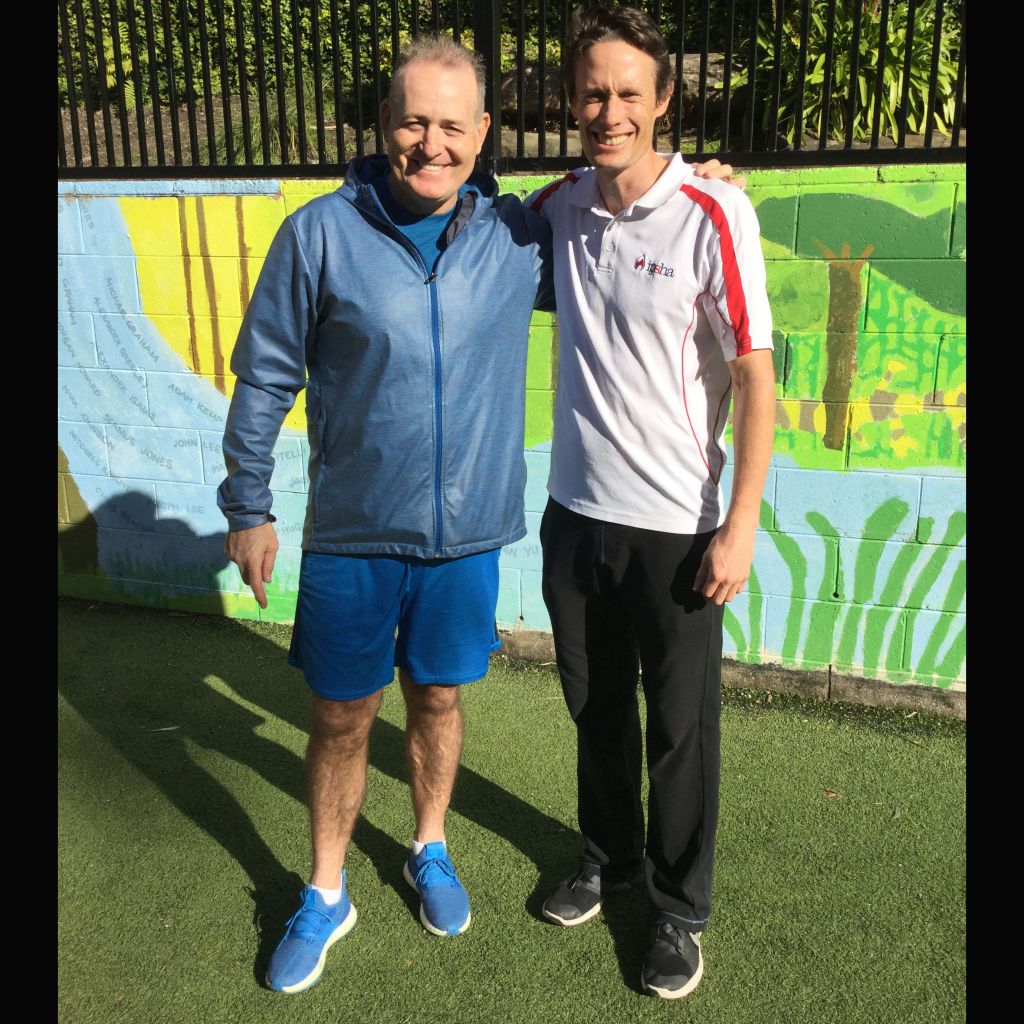
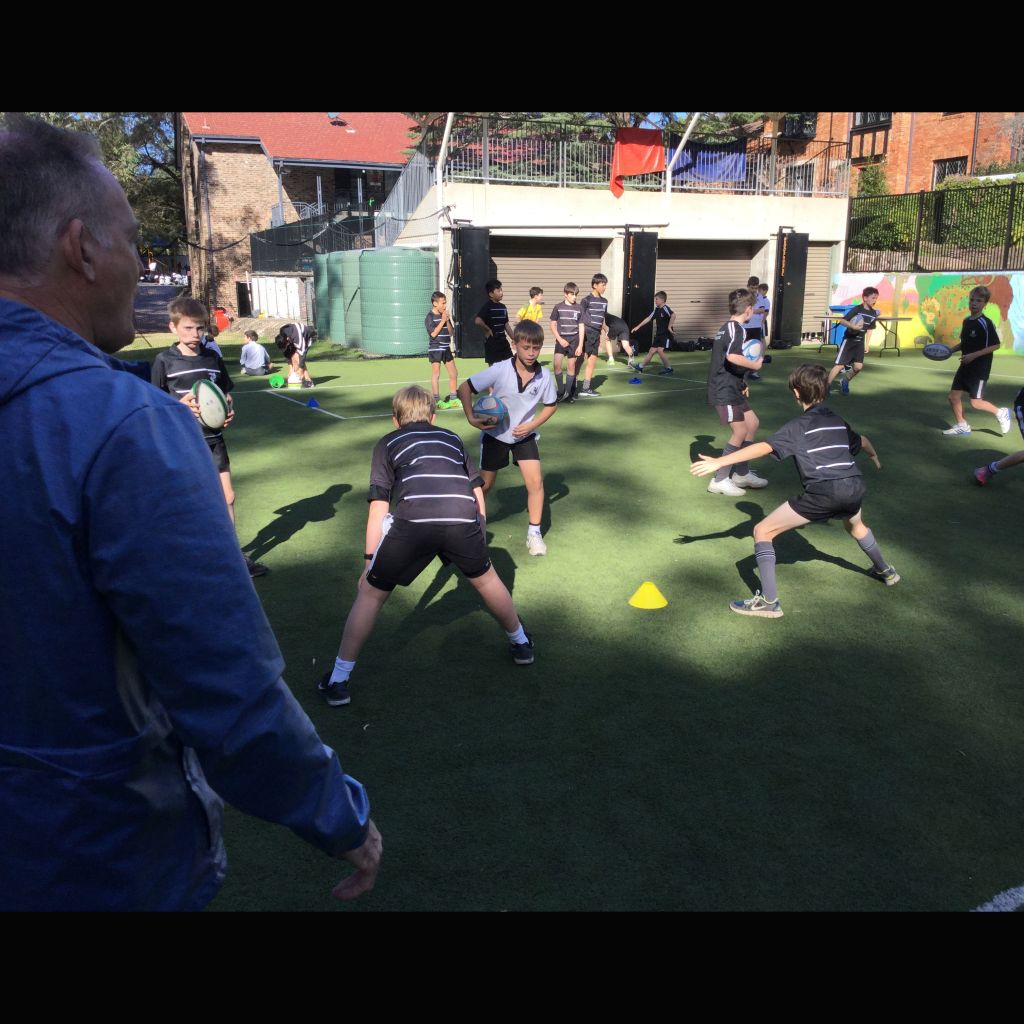
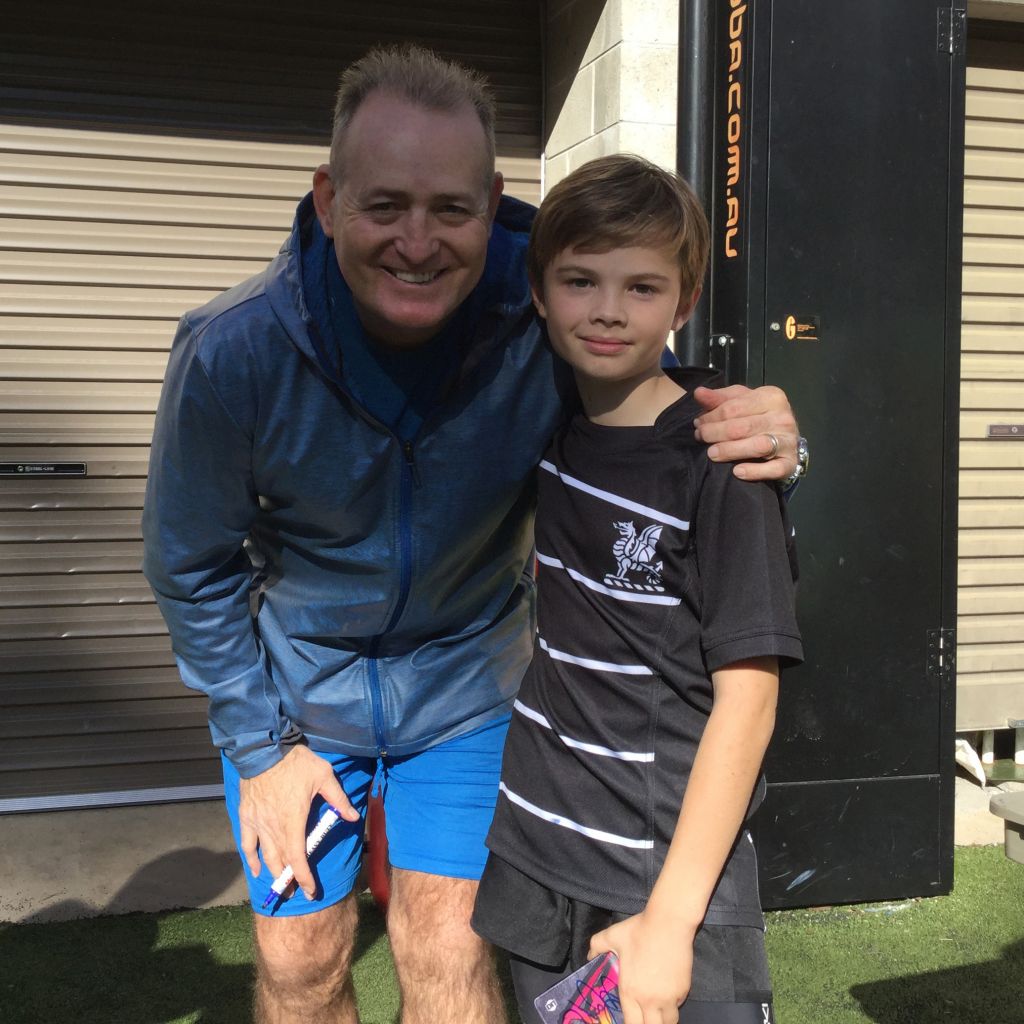
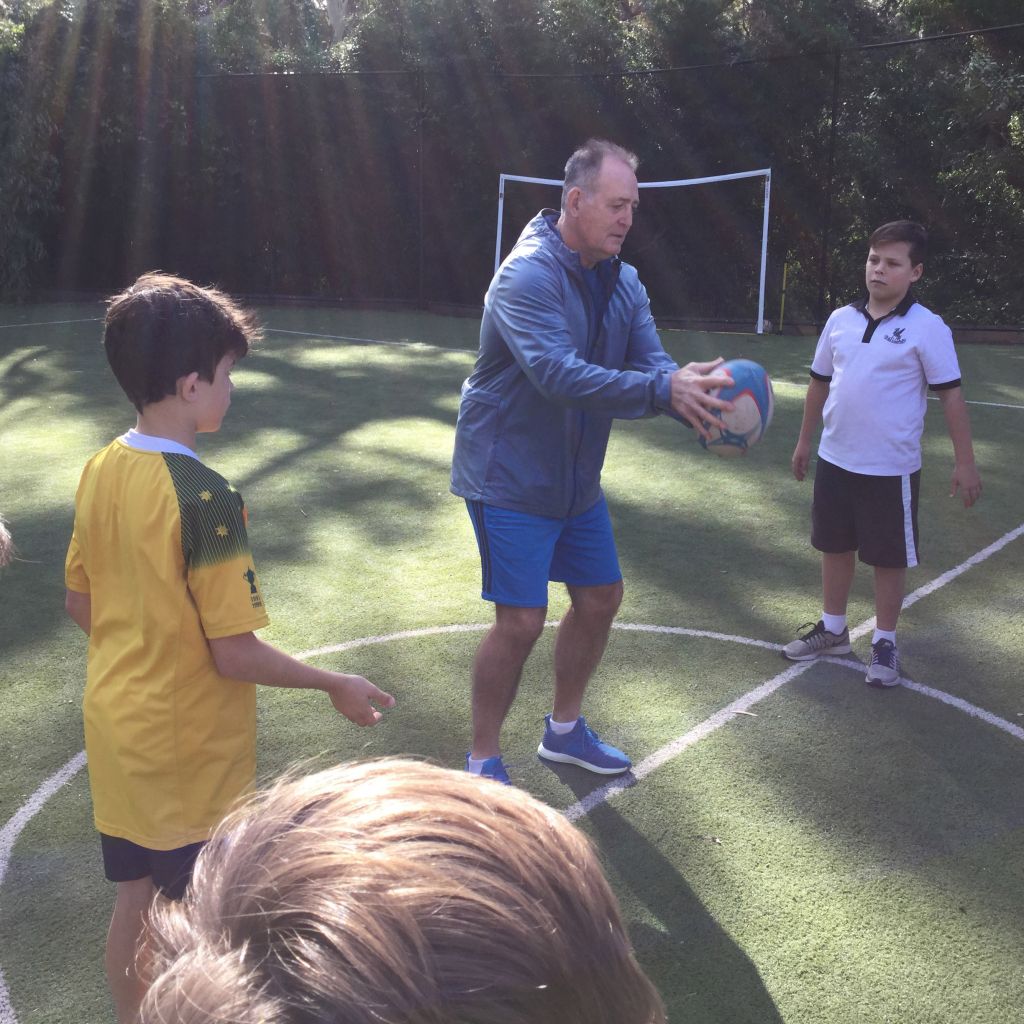
Combined Independent Schools (CIS) Cross Country
On Thursday 16 June 2016, Charlie Burt and Finn and Harry Dundon made their way to Eastern Creek Raceway for a Cross Country extravaganza. They were made to wait until the early afternoon, but it was well worth the wait. With the 2nd place finish from the IPSHA Carnival, Charlie Burt showed that fighting, tenacious spirit to come from 4th place to 2nd in an incredible show of finesse and sheer determination. A (Primary Schools Sport Association) PSSA Championship awaits this very talented athlete and a chance to go where no Newington Lindfield athlete has gone before!! And the brilliant Dundon twins were extremely impressive in the same race, with both boys finishing in the top 40 (out of 140) which is a magnificent effort and makes them the most successful Cross Country team from the last 15 years at Newington. Great effort boys and we wish Charlie all the best at the PSSA Championships at Eastern Creek in July!
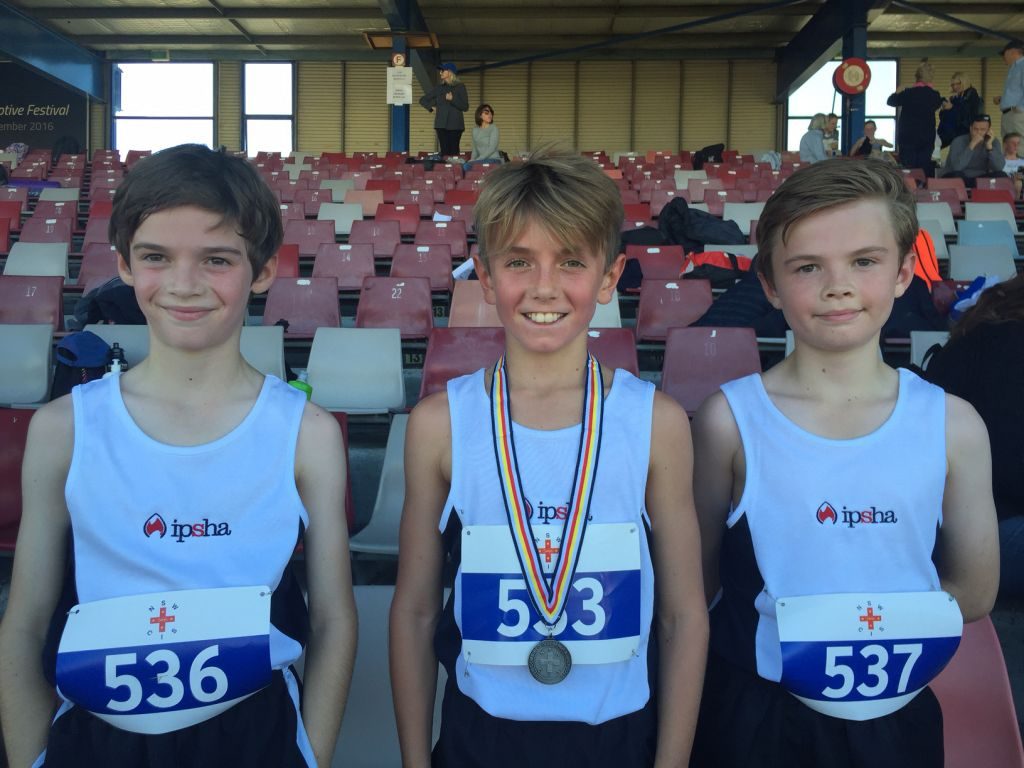
CIS Softball
Eddie Hogg seems like a normal, happy and secure Year 6 boy…..but what is hidden behind that cheeky smile is a baseballing and softballing genius who has now made the CIS Softball team for the second year in a row! Eddie now takes his brilliant skills to the PSSA Championships in Wagga Wagga in August and we wish him the best of luck!
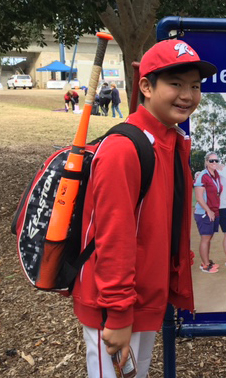
CIS Touch Football
Eddie Timpson and Jett Leong took their fancy footwork and silky skills to Penrith for a CIS Championship with a difference. A difference was, this is the first time Newington Lindfield has had any boys competing at these championships and these two boys did Newington proud. After countless games and perspiration and exhaustion had set it, young Leong was very unlucky not to be picked for the next stage with Eddie Timpson picked as a winger – and as great an achievement as this is, it posed a great dilemma!
The PSSA Championships are scheduled for the 29 July, which just so happens to be the date of the Primary Athletics Carnival. Eddie was left with the agonising decision of Touch Football or the Athletics Carnival. In the end Eddie made the incredibly mature and selfless decision to give up his spot on the Touch Football team to fulfil his role as House captain at the Athletics Carnival. This decision also goes to show the integrity of a fine young role model, well done Eddie!
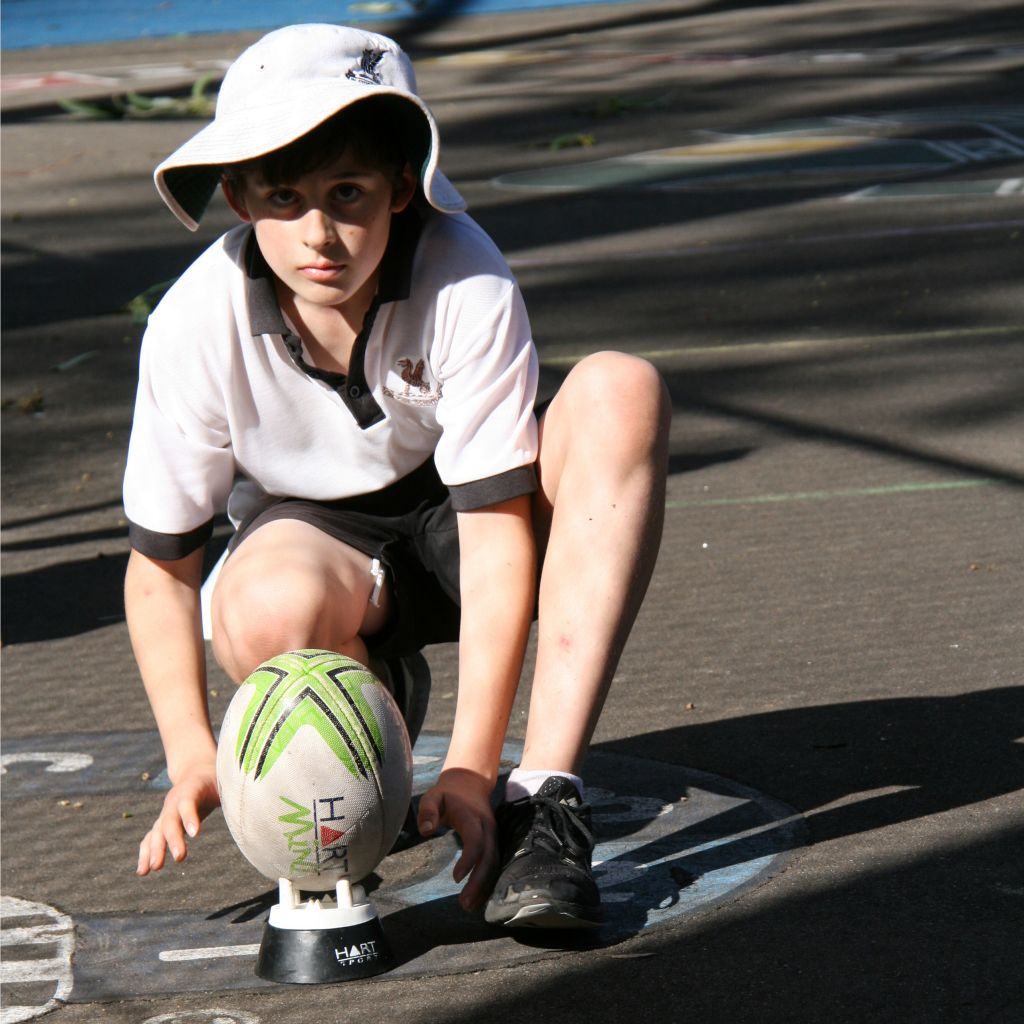
Good Bye Newington Lindfield
It has been 6 of the best years of my life, but it is time for me to make a move and allow Eliza Monaghan the chance to have what I had … and that is the chance to work at the best school in Sydney….Australia….the world… and with some amazing and incredible boys who I will always remember and miss terribly!
There have been so many amazing memories from my time at Lindfield, from Detective Do Right, to New Zealand tours, to all the amazing sporting teams I have coached, to the great PE lessons and the carnivals which I love so much. The common denominator in all of these memories, however, are the boys! I would consider myself to be a positive person, but this positivity and energy was always lifted and extended every time I came to school. Every time I taught a class, played touch footy at lunch, coached sport or just had a chat and a laugh with these amazing boys I felt myself uplifted. I will miss that feeling, and I just hope that I can rediscover it in my new school in China as it is the best feeling in the world!
I may be leaving the beautiful Australian shores for the unknown, but one thing is for sure, I am black and white through and through and always will be!! Thank you all for making my time at Newington so enjoyable and I hope to keep in touch. Thank you again and farewell…
Mark Caulfield – Sportsmaster


